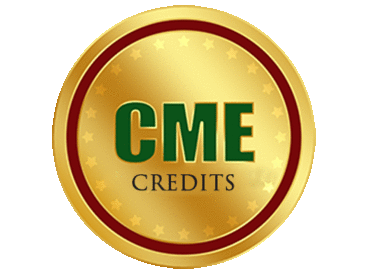
Tomomi Goda
Takarazuka University, Osaka, Japan
Title: Learning effects of risk prediction for nursing students using virtual reality teaching materials
Biography
Biography: Tomomi Goda
Abstract
Purpose: We created teaching materials using virtual reality (VR; a system that uses Goggles to freely view a three-dimensional space covering 360°), which feature children and mothers during intravenous drip procedures in hospitals. Here we report our findings about the learning effect of risk prediction for nursing students by viewing these materials.
Methodology: We enrolled 9 fourth-year nursing students from a university school of nursing. Between September and November 2017, we asked students to view the VR material for 3 min and subsequently answer an anonymous, self-administered questionnaire. The questionnaire inquired about students’ sex, interest level, and experience using VR and 28 items on learning effects and identification of self-appointed tasks. This study protocol was approved by the Research Ethics Review Committee of the researcher’s affiliated institution.
Results: We enrolled 2 male and 7 female nursing students who were interested in VR but had no experience using it. The questions regarding the learning effect post viewing revealed that the VR materials featured “images that are easy to understand and that appear real (mean 4.56) and a scenario that is easy to picture and comprehend (mean 4.33).” Furthermore, the students highly rated the materials by claiming that “one can consider what kind of risks exists by viewing the scenario objectively (mean 4.44).” The students to observe their “many oversights (mean 4.44)” and realize that “caution must be paid to lack of observation power as well as knowledge (mean 4.22).”

